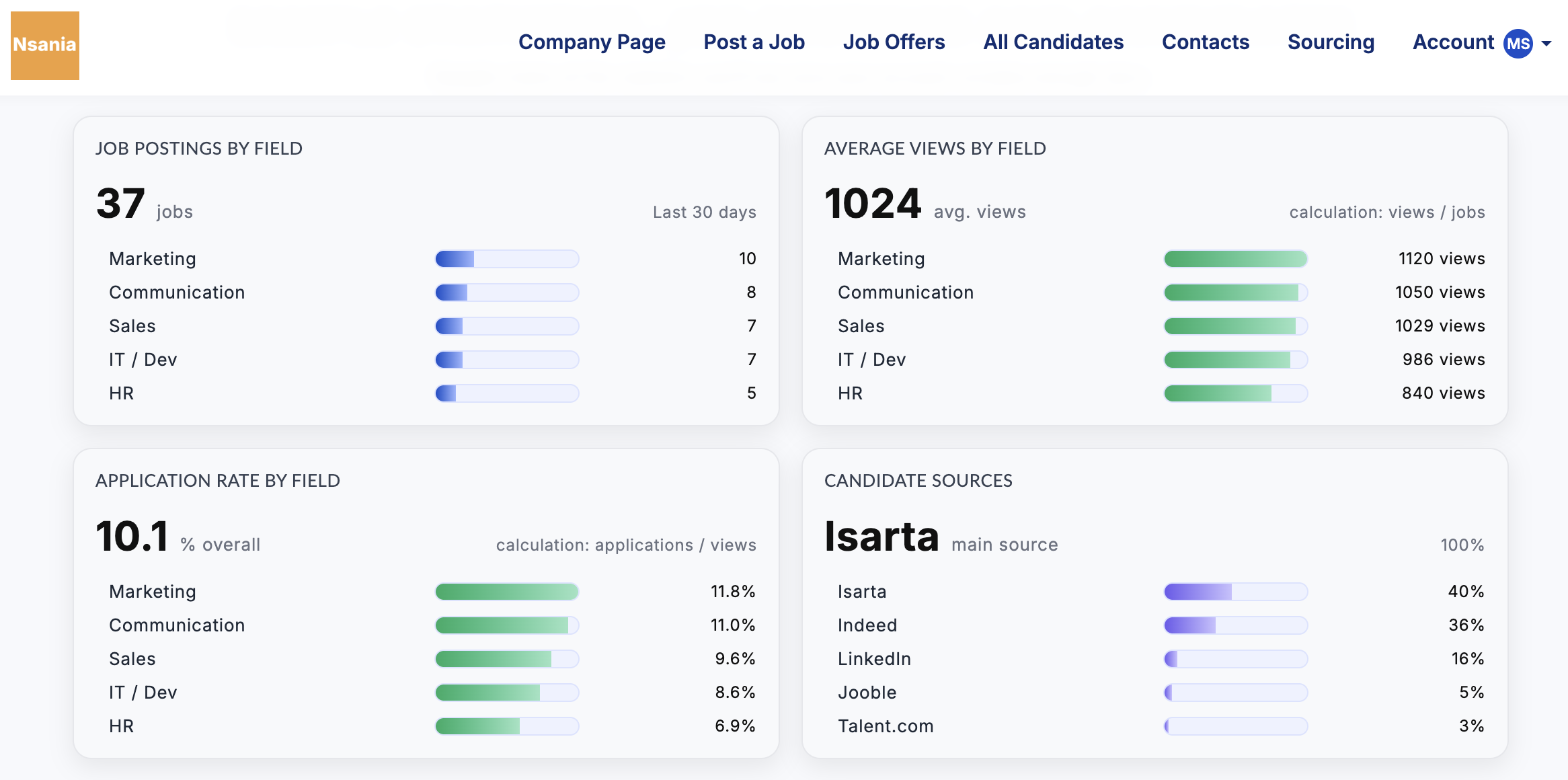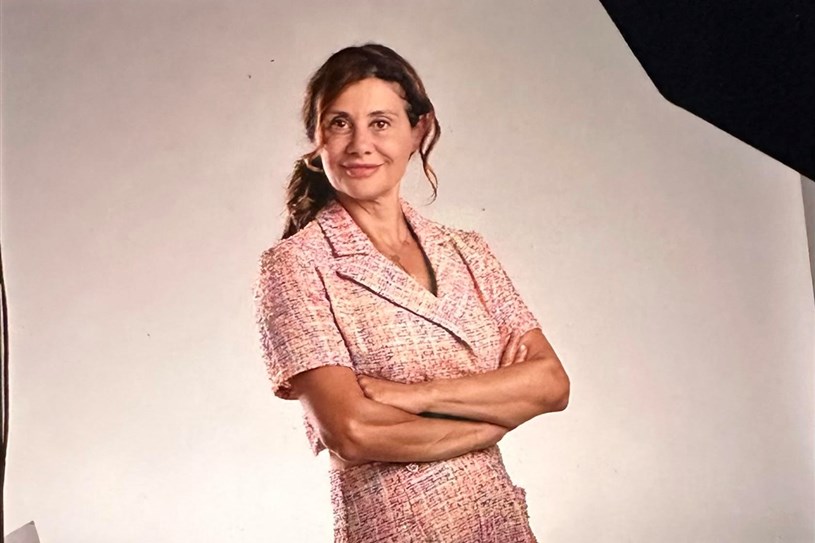Last fall, a survey conducted by Adobe showed that Generation Z (born between 1997 and 2012) craved mentorship, with 83% of them recognizing its importance for their careers. Moreover, over half (52%) stated that they had a mentor. How can we explain such generational unanimity? Is it a phenomenon that has always existed, or is the upcoming generation particularly sensitive to it? We discussed this issue with Catherine Légaré, co-founder of Elo Mentorat, a mentorship consulting firm.
Even before addressing the impact of the pandemic, Légaré, who also founded the mentorship platform for youth, Academos, highlights an underlying trend that has been observed year after year in Quebec surveys on the work values of the upcoming generation.
“When we ask young people: what is most important at work? Of course, they will mention flexibility and enjoying their work. But there is also a significant aspect of professional development: they want to learn, they want to grow, and they want to feel supported by their employer in this regard.”
This new vision of work has gradually taken hold with the arrival of Generations X and Y in the job market. The idea of having a “fixed” job or career for life no longer holds true today.
“Generation Z has grown up with the narrative that ‘when we work, we learn throughout our lives.’ When they leave school, they are aware that they will continue to learn. They have a mindset of continuous learning.”
The Consequences of Remote Work
Furthermore, it must be recognized that the pandemic has complicated things for them. Since the implementation of remote work and hybrid work, Generation Z no longer has the same access to senior employees. The opportunities for “micro-learning” are not the same, both in terms of soft skills and technical skills.
“As a member of Generation X, I learned a great deal by observing senior colleagues work and having water-cooler conversations with them. Many young people now see that this is no longer available at the moment. In remote work, we primarily talk in meetings, to follow up on projects. We are not sharing how we work. We do not have the same opportunities to pull someone aside and ask for their opinion on a project.”
Faced with this observation, Catherine Légaré is convinced that companies must be more intentional in their desire to offer a workplace where professional development is possible.
“If employers do not consciously offer mentorship or coaching, professional networking seems very difficult to establish. Does it have to come from a very formal program? Not necessarily. But we need to consider how we can learn from each other. How can we engage in micro-learning, in a context where we have new projects, new responsibilities, new aspirations, and our role changes within an organization.”
Here is a dynamic vision of career development that will appeal to the new generation!
Discover our trainings :



 training.isarta.com
training.isarta.com 

